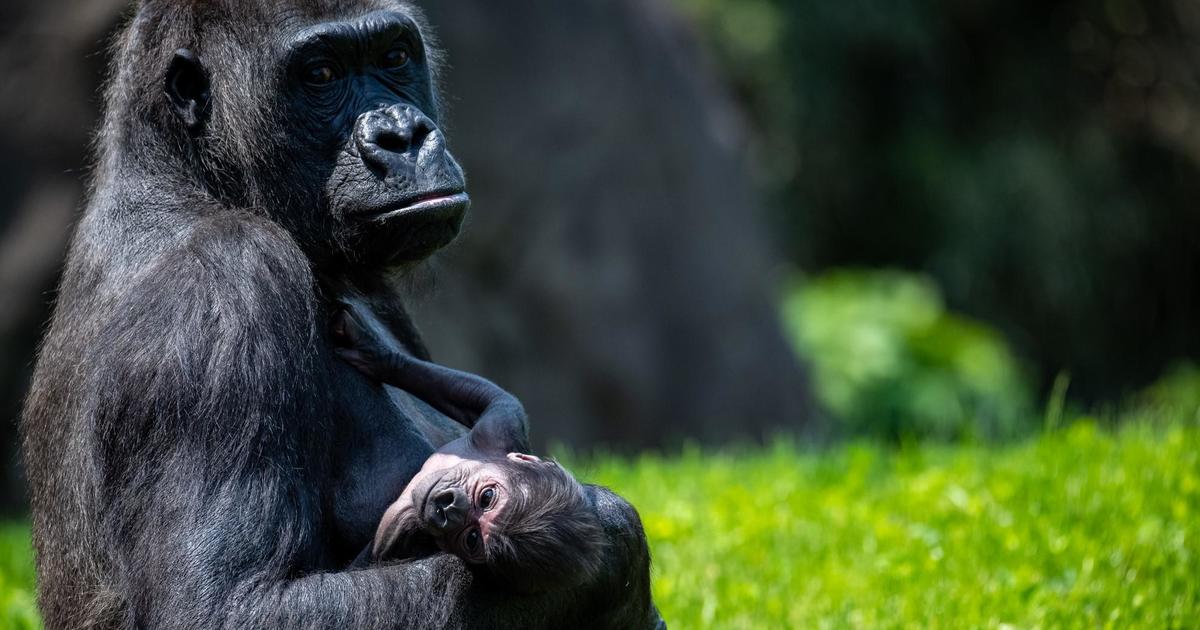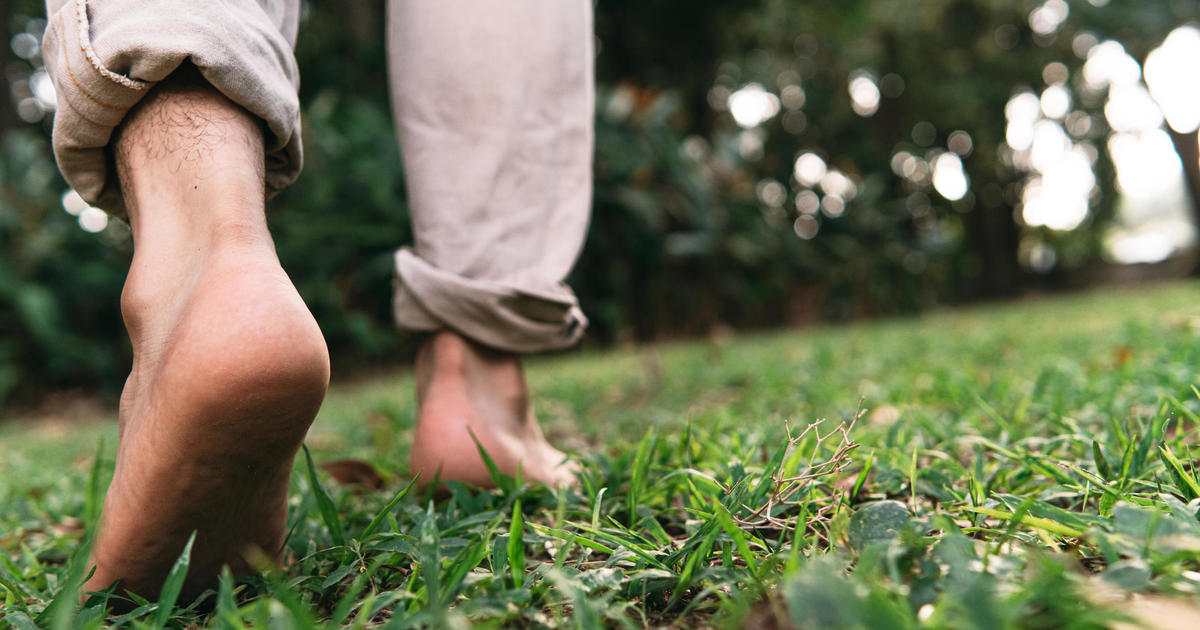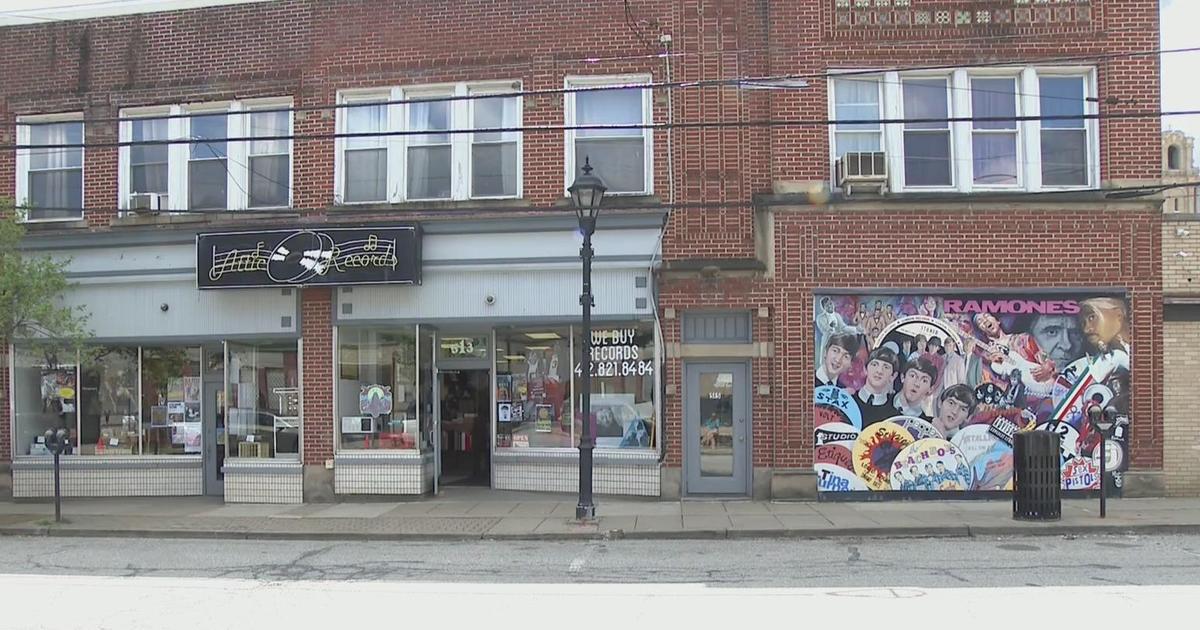Fact Or Fiction: Can Certain Foods Affect Cancer Risks?
PITTSBURGH (KDKA) - Can what you eat affect your risk of cancer?
We've all heard about foods like the Mediterranean diet and vegetables being good and coffee and grilled meat as being bad.
There's a kernel of truth, but a bushel of hype.
The Mediterranean diet, for instance, consists of fruits, vegetables, whole grains, olive oil, fish and red wine.
In cultures where this is the prevailing diet, cancer rates are lower. But, is it really the diet? It may just be everything around the diet: more activity, less obesity, and less smoking.
"They may have healthier lifestyles in many ways," says Allegheny General Hospital cancer specialist Dr. Jane Raymond.
On a related note, cruciferous vegetables -- a related family of leafy, green plants -- are touted to have a protective effect. Veggies like kale, collard greens, and broccoli contain antioxidants that can inhibit cancer cell growth.
It turns out the effect is seen in animal studies, but hasn't yet been shown in people.
But that doesn't mean you shouldn't eat your nutrient-rich, fiber-filled veggies.
"Do antioxidants actually help prevent cancer? There's not good scientific data for that. It doesn't hurt though," says Dr. Raymond.
Soy - also known as tofu or bean curd - was once thought to be risky for women with breast cancer, as soy has similarities to the hormone estrogen, which can fuel certain types of breast cancer.
This didn't square with patterns in Asia, where women eat lots of soy, yet breast cancer rates are low.
"Maybe that's all genetic and hereditary, but certainly soy doesn't increase their breast cancer risk," says Dr. Raymond. "The studies have come out and said soy is fine, there is no increased risk of breast cancer in women that eat soy. And maybe it's even a little protective."
Not too long ago, coffee was considered a carcinogen, or cancer-causing substance, because of how caffeine intertwined with DNA in animal studies. But, no more. In fact, the World Health Organization took it off its list of carcinogens.
"Some years ago, there was that famous study that said that coffee increases the risk of pancreatic cancer. And that has since been proven to be untrue," says Dr. Raymond. "Coffee does not increase the risk of any cancers as far as we know."
Whether your prefer coffee or tea, just wait for it to cool down before you partake.
"There was a study that said perhaps very hot beverages were bad for you in terms of increasing risk of esophageal cancer, oral cancers, just because of the temperature," says Dr. Raymond.
Grilled meats are thought to be cancer-causing because of compounds in the charred portion called polycyclic aromatic hydrocarbons. Heavy consumption could increase the risk of cancers in your digestive system.
Dr. Raymond advises everything in moderation.
"If you grill out on Sunday afternoon, every Sunday afternoon and have a steak, I don't think that's going to increase your risk of colon cancer, but if it's a steady diet, maybe it would have an impact," she says.
If you're trying to add or avoid one specific food to decrease your risk of cancer, keep the big picture in mind. Obesity and smoking are much bigger risk factors for cancer. If you've got that going on, little tweaks to the diet aren't going to be enough.
"Just as far as why people develop cancer, there's inherited risk 5 percent, there's environmental risk beyond food that are 20 percent, there's this controversial thing that that there's just sort of bad luck," says Dr. Gregory Long, an oncologist at the Allegheny Health Network.
"A well-balanced diet, exercise, don't smoke cigarettes, and fasten your seat belt is always good advice," says Dr. Raymond.
Join The Conversation On The KDKA Facebook Page
Stay Up To Date, Follow KDKA On Twitter



